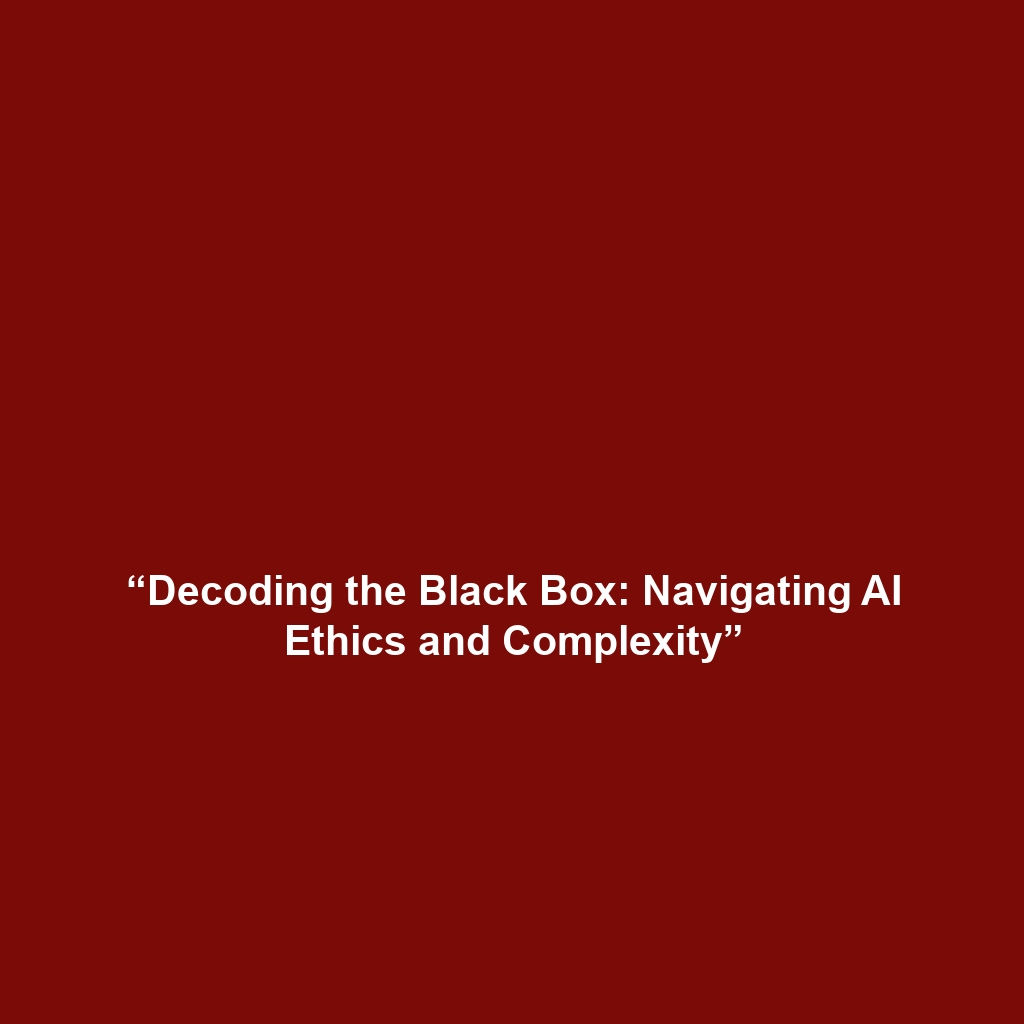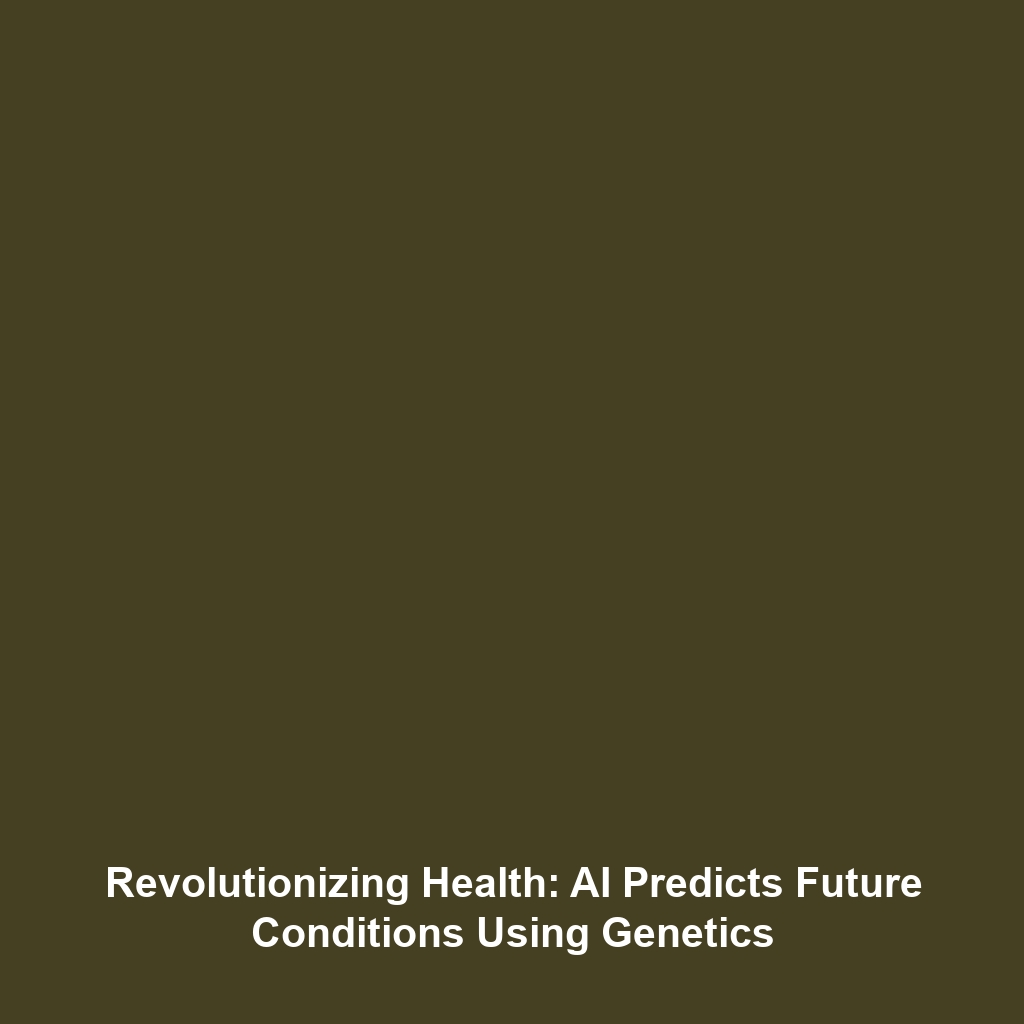Black Box Problem in AI: The Challenge of Understanding Complex AI Models
Introduction
The Black Box Problem in AI refers to the difficulty in understanding how complex AI models arrive at their decisions. As AI technologies become increasingly integral to various sectors including healthcare, finance, and law enforcement, the implications of this challenge raise essential questions regarding accountability, transparency, and ethics. The significance of addressing this problem is crucial within the broader context of AI Ethics, driving the ongoing debate about the need for interpretability and trust in AI systems.
Key Concepts
Understanding the Black Box Problem
The Black Box Problem is characterized by several key concepts:
- Algorithmic Transparency: The degree to which an AI model’s decision-making process can be understood.
- Explainable AI (XAI): Initiatives aimed at making AI results more interpretable for users, stakeholders, and regulatory bodies.
- Accountability: Implementing systems that ensure responsible decision-making in AI.
- Bias and Fairness: The potential for biased data leading to unfair outcomes, raising ethical concerns.
These principles illustrate why the Black Box Problem is a cornerstone issue within AI Ethics, guiding researchers and policymakers toward more responsible AI practices.
Applications and Real-World Uses
Understanding the Black Box Problem in AI has significant implications for various applications:
- Healthcare: AI systems for diagnostics must be understandable to practitioners to ensure trust and efficacy.
- Finance: Credit scoring algorithms need to be transparent to prevent discrimination and promote fairness.
- Law Enforcement: Predictive policing models require scrutiny to avoid unjust profiling and ensure community trust.
These examples highlight how applications of the Black Box Problem in AI Ethics shape the future of technology in our society.
Current Challenges
Despite advancements, several challenges remain in addressing the Black Box Problem:
- Complexity: The intricate nature of some algorithms makes explaining their processes difficult.
- Lack of Standards: There is no universal standard for what constitutes ‘explainability’.
- User Understanding: Stakeholders may lack the technical knowledge necessary to interpret AI decisions.
These issues underscore the ongoing challenges of the Black Box Problem within the realm of AI Ethics.
Future Research and Innovations
Looking ahead, future research is expected to focus on:
- Development of Explainable Models: Creating AI systems that inherently provide clarity and understanding.
- Regulatory Frameworks: Establishing guidelines that enforce transparency in AI deployment.
- Interdisciplinary Collaboration: Engaging ethicists, technologists, and lawmakers in cohesive research efforts.
These innovations will significantly impact the way we address the Black Box Problem, steering the future of AI Ethics.
Conclusion
The Black Box Problem in AI represents a significant obstacle in ensuring ethical AI practices. Understanding complex AI models is essential for building transparency, accountability, and trust in AI systems. As we advance, it is crucial to prioritize explainability and engage in ongoing dialogue about its implications within AI Ethics. For further reading on related topics, visit our sections on AI Transparency and Explainable AI.

